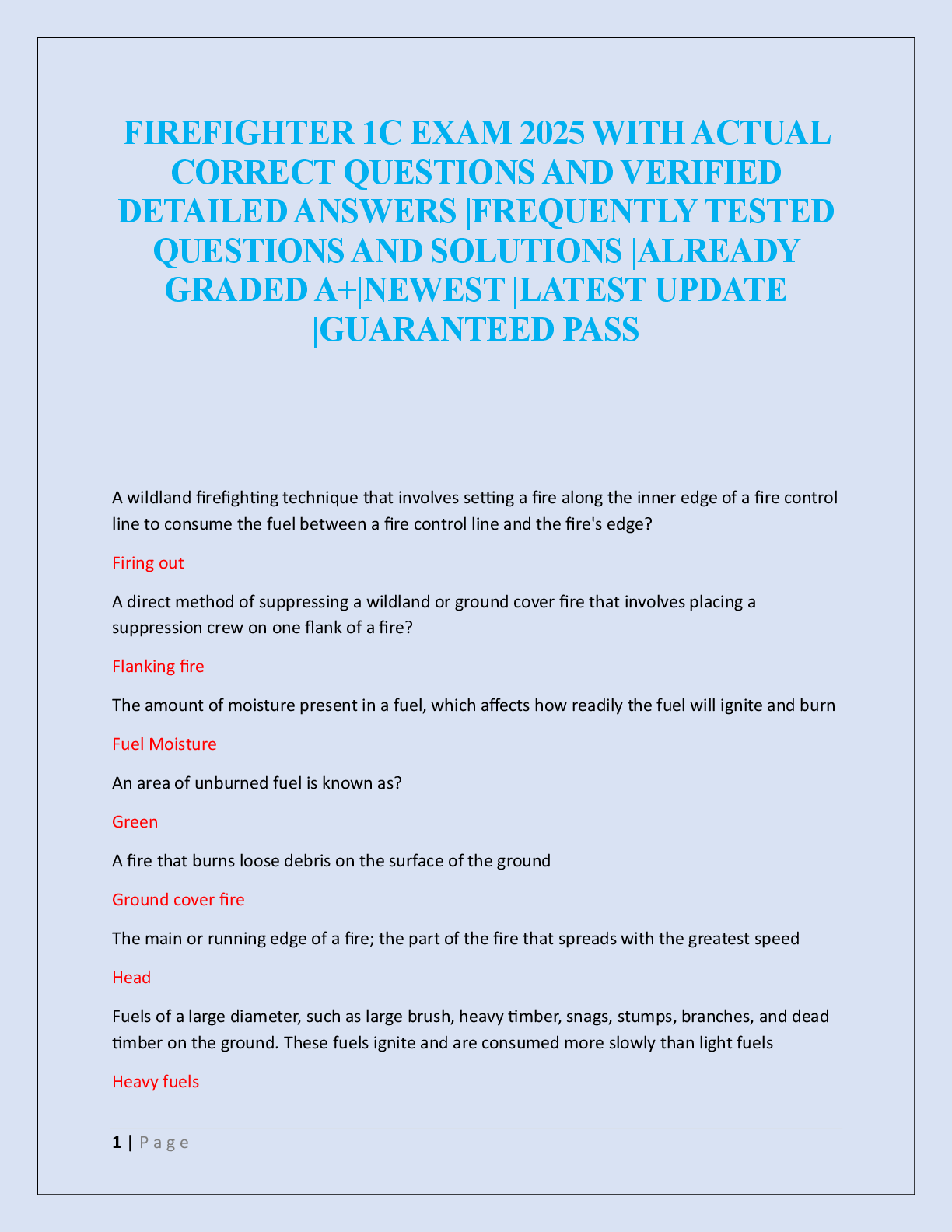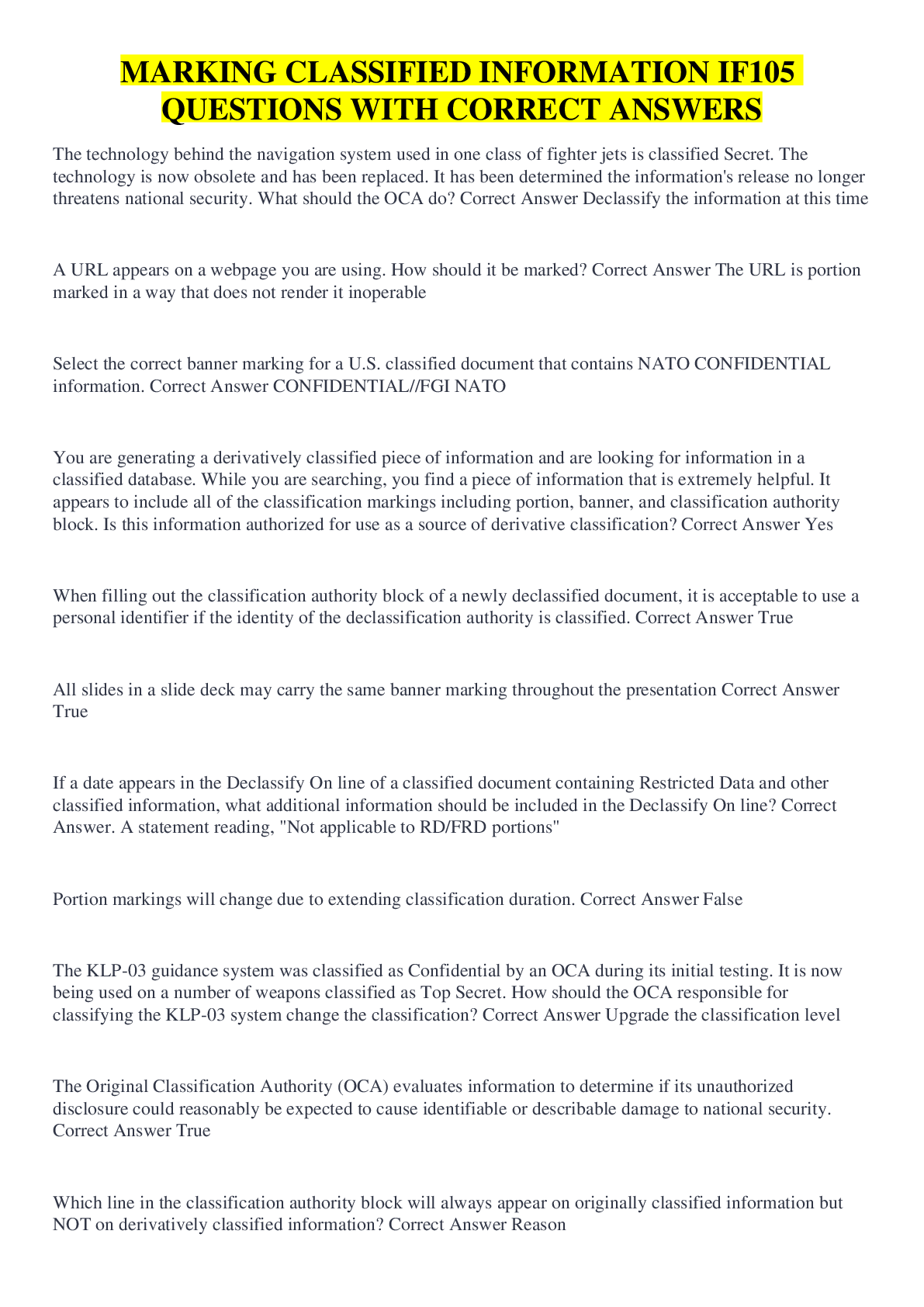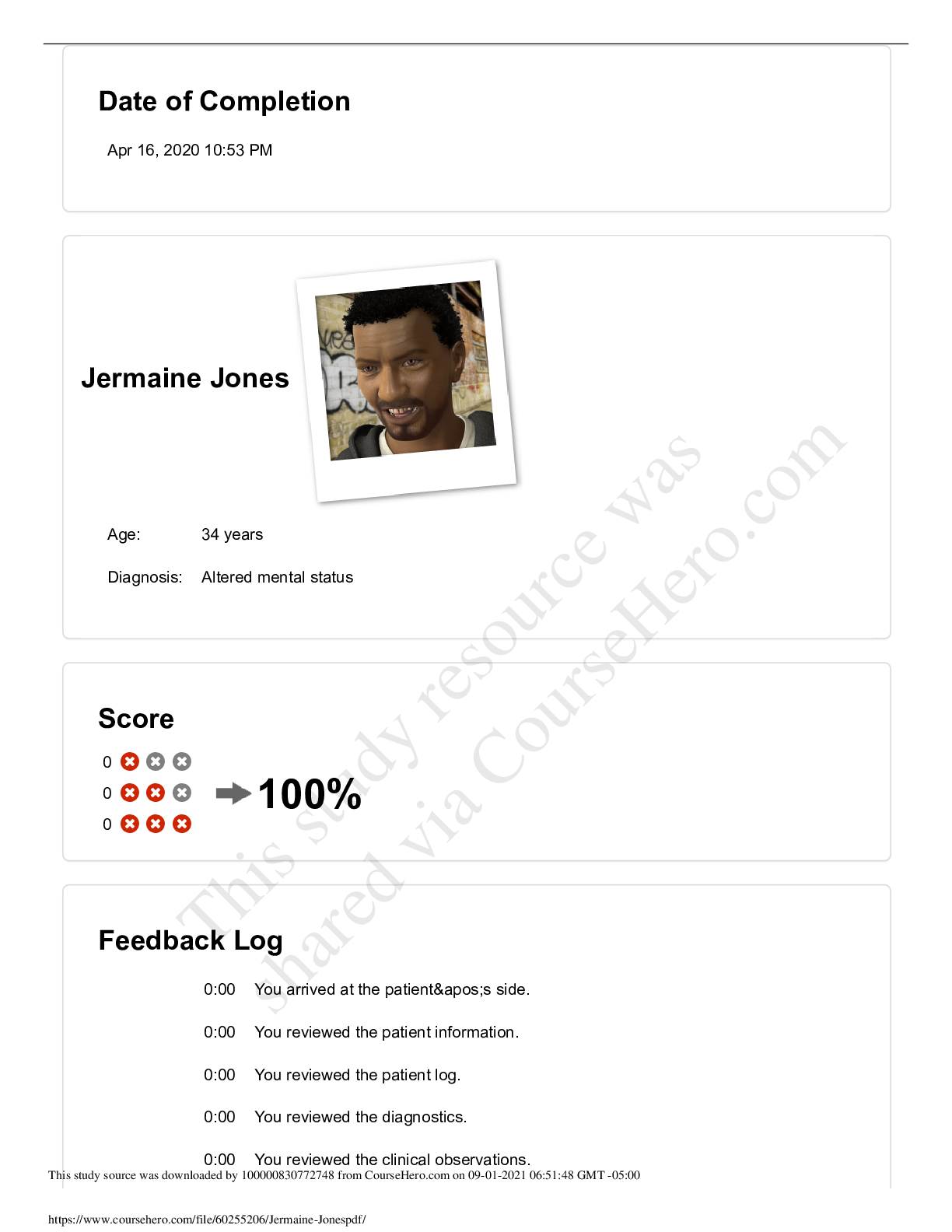0:00 You reviewed the MAR.
0:00 You reviewed the 12-lead ECG. 0:00 You reviewed the orders.
0:00 You introduced yourself.
0:04 You washed your hands. To maintain patient safety, it is important to wash your
...
0:00 You reviewed the MAR.
0:00 You reviewed the 12-lead ECG. 0:00 You reviewed the orders.
0:00 You introduced yourself.
0:04 You washed your hands. To maintain patient safety, it is important to wash your hands as soon as you enter the room.
0:10 Patient status - ECG: Sinus rhythm. Heart rate: 95. Pulse: Present. Blood pressure: 123/74 mm Hg. Respiration: 12. Conscious state: Somnolent. SpO2: 95%. Temp: 99 F (37 C)
1:10 Patient status - ECG: Sinus rhythm. Heart rate: 95. Pulse: Present. Blood pressure: 123/74 mm Hg. Respiration: 12. Conscious state: Somnolent. SpO2: 95%. Temp: 99 F (37 C)
1:16 You identified the patient. To maintain patient safety, it is important that you quickly identify the patient.
1:26 You asked if the patient was <Allergy>allergic<> to anything. He replied: 'No, I am not allergic to anything.'
1:50 You looked for normal breathing. He is breathing at 12 breaths per minute. The chest is moving equally.
2:10 Patient status - ECG: Sinus rhythm. Heart rate: 95. Pulse: Present. Blood pressure: 122/73 mm Hg. Respiration: 12. Conscious state: Somnolent. SpO2: 95%. Temp: 99 F (37 C)
2:15 You attached the <Pulseoximeter>pulse oximeter.<> It is a good idea to monitor the saturation and pulse here. This will allow you to reassess the patient continuously.
2:26 You checked the radial pulse. The pulse is strong, 95 per minute, and regular. It is correct to assess the patient's vital signs.
2:48 You measured the <Temperature>temperature<> in the ear. The temperature was 99 F (37 C).
3:07 You attached the automatic noninvasive blood pressure (NIBP) measurement cuff.
This will allow you to reassess the patient continuously.
3:10 Patient status - ECG: Sinus rhythm. Heart rate: 95. Pulse: Present. Blood pressure: 125/75 mm Hg. Respiration: 12. Conscious state: Somnolent. SpO2: 95%. Temp: 99 F (37 C)
3:18 You assessed the patient's sedation level using the Pasero Sedation Scale. This was reasonable. The patient was drowsy but arousable. Tended to drift off to sleep. On the Pasero Opioid-Induced Sedation Scale, the patient was graded to 3.
3:36 You assessed the patient's IV. The site had no redness, swelling, infiltration, bleeding, or drainage. The dressing was dry and intact. This is correct. Assessing any IVs the patient has is always important.
3:51 You asked the patient if he had any pain. He replied: 'No, I don't have any pain.'
This study source was downloa4de:d0b3y 100Y0o00u83a0s7k72e7d48tfhroempCaotuiresenHt:erWo.chomatonb0ri9n-0g1s-20y2o1u06h:5e1r:4e8?GHMeT -r0e5p:0l0ied: 'I was feeling
[Show More]



